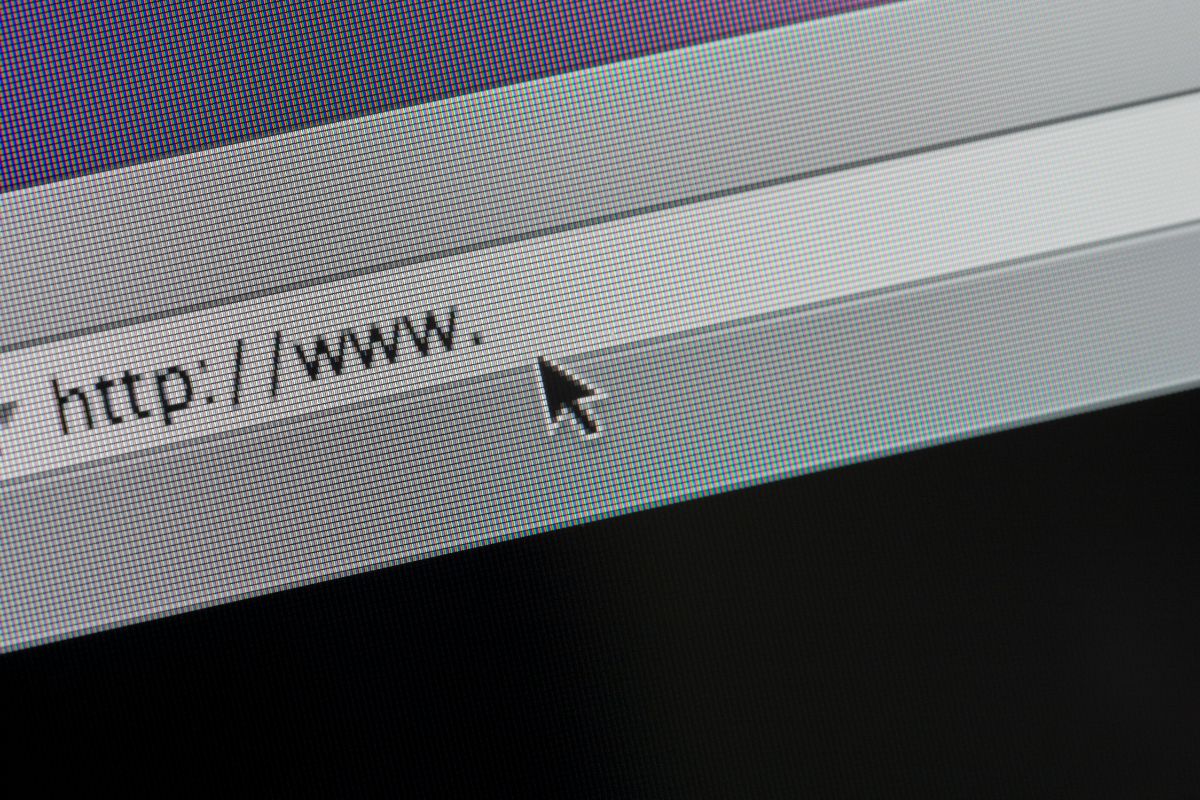Are you tired of having your website buried deep in the search engine results pages? Do you dream of seeing your site rise to the top and attract a flood of organic traffic? If so, then you’re probably well aware of the importance of domain authority in achieving that goal. Domain authority is like a digital popularity score for your website.
Essentially, the higher your domain authority, the more likely your website will appear at the top of the search results when someone searches for keywords related to your content. But here’s the catch: increasing your domain authority is no easy feat. It requires a strategic and targeted approach to improve your website’s credibility, relevance, and trustworthiness in the eyes of search engines.
Fortunately, we’ve got you covered. In this blog post, we will walk you through actionable steps and proven strategies on how to increase domain authority and boost your website’s ranking. So, without further ado, let’s dive in and unlock the secrets to elevating your online presence!
How to Increase Domain Authority: Boost Your Website’s Ranking Power!
Understanding Domain Authority: What It Is and Why It Matters

Before we delve into the nitty-gritty of increasing your domain authority, let’s first understand what it is and why it matters. As mentioned earlier, domain authority is a metric developed by Moz that measures the credibility and trustworthiness of your website in the eyes of search engines.
Search engines like Google consider several factors when determining where to rank a website on their search results pages. These factors include the quality and relevance of the content, the number and quality of backlinks pointing to the site, user experience, website performance, social media presence, and more. Domain authority takes all these factors into account and provides you with a score ranging from 1 to 100, with higher scores indicating a stronger online presence.
So why does domain authority matter? Well, simply put, it directly impacts your website’s ability to rank well on search engine result pages. Websites with higher domain authority are more likely to appear at the top of search results for relevant keywords. This increased visibility translates into more organic traffic and potential customers for your business.
Conducting a Domain Authority Audit: Assessing Your Current Score

Before you start implementing strategies to increase your domain authority, it’s essential to assess your current score. Conducting a domain authority audit will give you a baseline understanding of where you stand and help you track your progress as you implement changes.
To conduct an audit, start by using Moz’s Link Explorer or other similar tools that provide domain authority scores. Enter your website’s URL into the tool and analyze the results. Take note of your current domain authority score as well as any areas for improvement highlighted by the tool.
Keep in mind that improving your domain authority takes time and effort. It’s not something that can be achieved overnight. However, by following the strategies outlined in this blog post, you’ll be well on your way to boosting your website’s ranking and increasing your domain authority.
Creating High-Quality and Relevant Content

One of the most crucial factors in increasing your domain authority is creating high-quality and relevant content. Search engines prioritize websites that provide valuable information to users. By consistently publishing informative and engaging content, you can establish yourself as an authority in your industry and attract more backlinks.
When creating content, focus on addressing the needs and interests of your target audience. Perform keyword research correctly in order to identify the relevant topics in your niche and incorporate those keywords naturally into your content. Remember, quality should always take precedence over quantity. Aim for comprehensive, well-researched articles that provide real value to readers.
In addition to written content, consider diversifying your content strategy with videos, infographics, podcasts, or interactive elements. This will not only make your website more engaging but also increase the likelihood of other websites linking back to yours.
Optimizing On-Page SEO Factors

To increase your domain authority, it’s crucial to optimize various on-page SEO factors. These factors include optimizing title tags, meta descriptions, headings (H1-H6), URL structure, image alt tags, and internal linking.
Start by ensuring that each page on your website has a unique and descriptive title tag that includes relevant keywords. Craft compelling meta descriptions that entice users to click through to your site from search results pages.
Properly structure your headings using H1-H6 tags hierarchy. Use H1 for the main title of the page and H2-H6 for subheadings as appropriate. This helps search engines understand the structure of your content better.
When it comes to URLs, keep them concise and descriptive. Avoid using generic or irrelevant strings of numbers and characters. Instead, include relevant keywords that accurately describe the content of the page.
Don’t forget to optimize your images by adding descriptive alt tags. This not only helps with accessibility but also provides search engines with additional context about your content.
Lastly, internal linking is an effective way to improve your website’s structure and distribute link equity throughout your site. Link relevant pages together using descriptive anchor text to help search engines discover and understand the relationship between different pages on your site.
Earning High-Quality Backlinks

Backlinks are a crucial factor in determining domain authority. Search engines view backlinks as votes of confidence from other websites, indicating that your content is valuable and trustworthy.
To earn high-quality backlinks, focus on creating exceptional content that others will naturally want to link to. Reach out to influencers, industry leaders, and other websites in your niche and ask them to consider linking back to your content if they find it valuable.
You can also employ strategies such as guest blogging or participating in expert roundups where you contribute valuable insights in exchange for a backlink. Additionally, consider creating shareable infographics or conducting original research that others will be eager to reference and link back to.
Enhancing User Experience and Website Performance

User experience plays a significant role in both domain authority and overall website ranking. Search engines prioritize websites that provide a seamless browsing experience for users.
To enhance user experience, ensure that your website is mobile-friendly and loads quickly across all devices. Optimize images for web use, enable browser caching, minify CSS and JavaScript files, and leverage browser caching techniques.
Additionally, make sure your website has clear navigation and a logical site structure. Users should be able to find the information they’re looking for easily. Implement intuitive menus, breadcrumbs, and internal search functionality to help users navigate your site effortlessly.
Building a Strong Social Media Presence

Social media can significantly impact your website’s domain authority. Search engines consider social signals such as likes, shares, and comments as indicators of content quality and relevance.
Build a strong social media presence by creating engaging content that resonates with your target audience. Share your blog posts, videos, infographics, and other valuable content on social media platforms relevant to your industry.
Encourage social sharing by adding social sharing buttons to your website’s pages and blog posts. This makes it easy for visitors to share your content with their followers, increasing its reach and potential for backlinks.
Cultivating Relationships with Influencers and Industry Leaders

Cultivating relationships with influencers and industry leaders can have a significant impact on your website’s domain authority. When influential websites in your niche link back to your content or mention you in their articles, it signals to search engines that you are a trusted source of information.
Start by identifying key influencers in your industry. Follow them on social media, engage with their content, and share their articles or insights when appropriate. Building genuine relationships takes time but can lead to valuable opportunities for collaboration or guest posting that will boost both your domain authority and online visibility.
Monitoring and Analyzing Your Progress

As you implement strategies to increase your domain authority, it’s crucial to monitor and analyze the results of your efforts. Regularly check your domain authority score using tools like Moz’s Link Explorer or similar alternatives.
In addition to tracking changes in domain authority over time, keep an eye on other key metrics such as organic traffic, backlink profile, and keyword rankings. This will help you identify what strategies are working and where you may need to make adjustments.
Remember that increasing your domain authority is an ongoing process. It requires consistent effort, optimization, and adaptation to changes in search engine algorithms. By staying proactive and implementing the strategies outlined in this blog post, you’ll be well on your way to taking your website’s ranking to new heights.
Conclusion: Taking Your Website’s Ranking to New Heights
To take your website’s ranking to new heights, it’s important to focus on increasing your domain authority. By boosting your website’s domain authority, you can improve your chances of ranking higher in search engine results and attracting more organic traffic.
Increasing your domain authority takes time and consistent effort. By implementing these strategies and staying updated with the latest SEO trends, you can steadily improve your website’s ranking and take it to new heights.
Ready to elevate your domain authority? Let Newman Web Solutions be your go-to partner for maximizing the potential of your website’s overall online influence. We specialize in boosting your domain authority with our professional SEO services, ensuring that your site not only establishes a strong presence in search engine results but also aligns seamlessly with your business goals.
Take the first step by scheduling a free 30-minute consultation through our website form. Delve into the nuances of enhancing your website’s domain authority for increased online credibility.
Have questions about our tailored strategies to boost domain authority? Connect with us at (404) 301-9189. Let’s collaborate to propel your website to new heights with our expertise, ensuring your brand gains the recognition it deserves!






